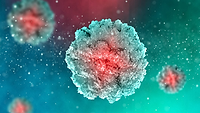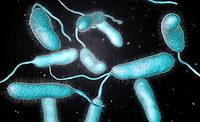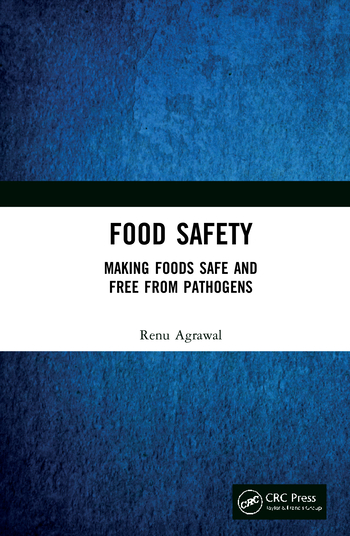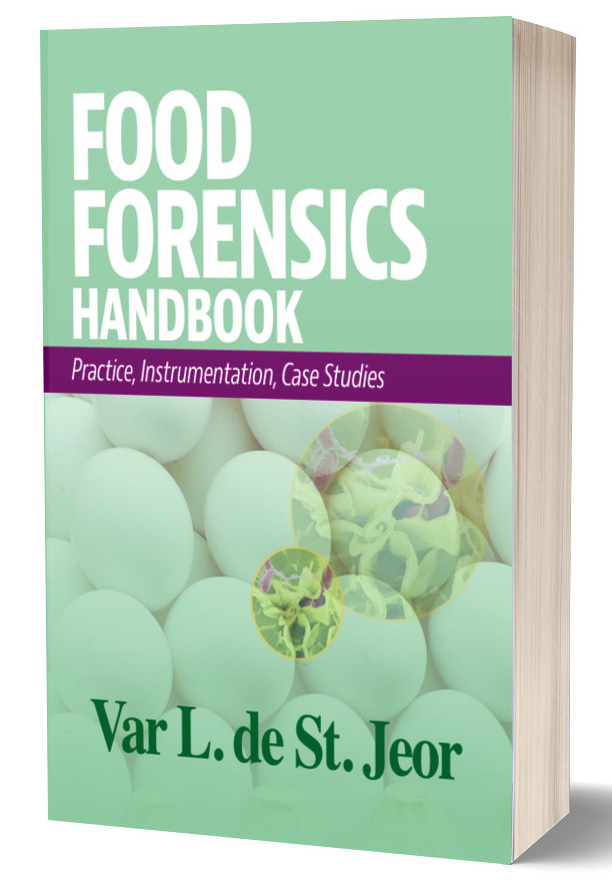Scientists Discover Microbe That Degrades Harmful Mycotoxin

Image credit: Angela_Yuriko_Smith via Pixabay
Researchers from the Tokyo University of Science recently discovered a new microorganism in soil that shows potential for eliminating patulin, a harmful mycotoxin produced by a species of fungi that tends to grow on damaged or decaying fruits like apples, and can contaminate sauces, juices, ciders, and other fruit products. Many countries have set restrictions on the levels of the mycotoxin in food, as patulin toxicity has been associated with adverse health effects ranging from lung congestion to cancer-causing DNA damage.
To find microbes that could possibly help control patulin levels, the scientists took 510 soil samples from a patulin-rich environment, searching for organisms that thrive in presence of the mycotoxin. The microbial survivors were then screened using high-performance liquid chromatography to determine their ability to reduce patulin to other, less harmful chemicals.
A mold strain called Acremonium was identified as able to transform any patulin it absorbed into desoxypatulinic acid, a compound much less toxic than patulin, through the addition of hydrogen atoms. The scientists also demonstrated that some of the compounds secreted by Acremonium cells have the ability to change patulin into other molecules as well, all of which were found to be significantly less harmful than the original mycotoxin.
Uncovering the pathways by which microbes degrade patulin could help with the application of organisms like Acremonium for control of the mycotoxin in food.
Looking for a reprint of this article?
From high-res PDFs to custom plaques, order your copy today!








